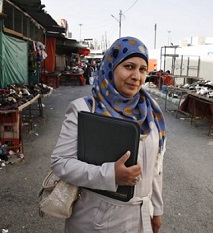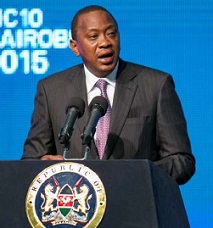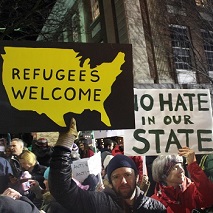
David Bowie, the ‘Apolitical’ Insurrectionist Who Taught Us How to Rebel
Source: The Nation
“There’s a starman waiting in the sky
He’d like to come and meet us
But he thinks he’d blow our minds…
—David Bowie, 1972
Forty years ago, David Bowie told an interviewer, “I’d love to enter politics. I will one day. I’d adore to be prime minister.”
Rock stars have gone into politics, in Bowie’s Britain and around the world. But it was never a serious ambition for this particular rocker, whose death Sunday at age 69 shocked a world that Bowie had proven could be changed by more than elections and economics. Like his intellectual icon, the unruly and unconfined socialist George Orwell, Bowie eschewed ideological predictability for boundary-breaking expeditions along the frontiers of cultural change.



